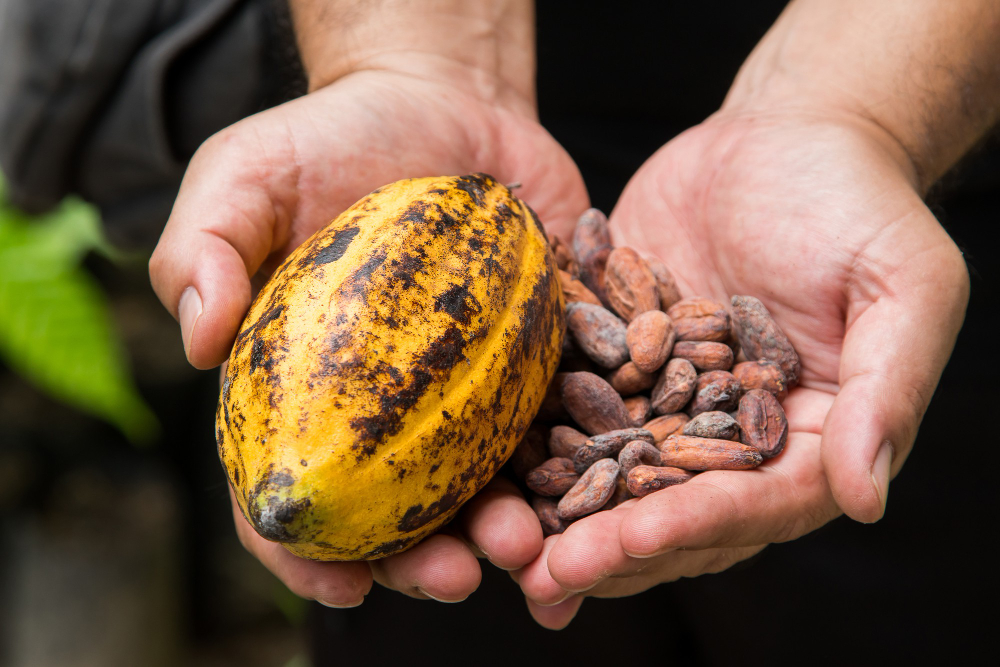Is true sustainability possible in the chocolate industry?
When unwrapping a fresh chocolate bar, major environmental issues are usually the furthest thing from most people’s minds. However, sweet treats sometimes come with a bitter aftertaste.
Deforestation, which contributes to climate change and damages natural habitats, is a major challenge within the cocoa industry - the World Wildlife Fund estimates that 70% of the Ivory Coast’s illegal deforestation is related to cocoa farming. At the same time, up to a third of chocolate packaging in the UK is non-recyclable, or likely to end up in landfill.

Taking steps towards sustainable cocoa
As a result, many chocolate brands are taking steps to address ongoing challenges related to farming, manufacturing and supply chain processes. Steps currently being implemented include sourcing of sustainable packaging materials, farmer training and community development, and reduction of energy emissions, with the European Commission currently leading initiatives aimed at supporting a sustainable cocoa sector at a social, economic and environmental level. Other initiatives include the reuse of waste generated by the cocoa industry: in the Ivory Coast, a planned biomass plant will use leftover bean shells and pod husks to generate electricity.

Putting an end to plastic waste in the cocoa industry
Waste generated by the cocoa industry also includes non-recyclable confectionary packaging, which contributes to increasing global issues around plastic waste. According to Eurostat, each person living in the EU generated 34.6 kg of plastic packaging waste in 2020.
When confectionary packaging is discarded, it often ends up in landfill, where it can take hundreds of years to break down while causing considerable damage to natural environments. In order to break the cycle and ensure a truly sustainable lifecycle for chocolate and confectionary products, packaging should be designed for sustainable end-of-life disposal, such as recycling or composting via accessible, user-friendly facilities. This is facilitated by the use of materials that are widely accepted in recycling programmes.
A truly sustainable chocolate industry involves a holistic approach that balances economic, social, and environmental concerns, while also respecting the needs of the communities involved. Nissha Metallizing Solutions’ highly functional chocolate packaging products are based on fully recyclable metallized paper sourced from FSC-certified forests, providing a sustainable alternative to laminates and foils.